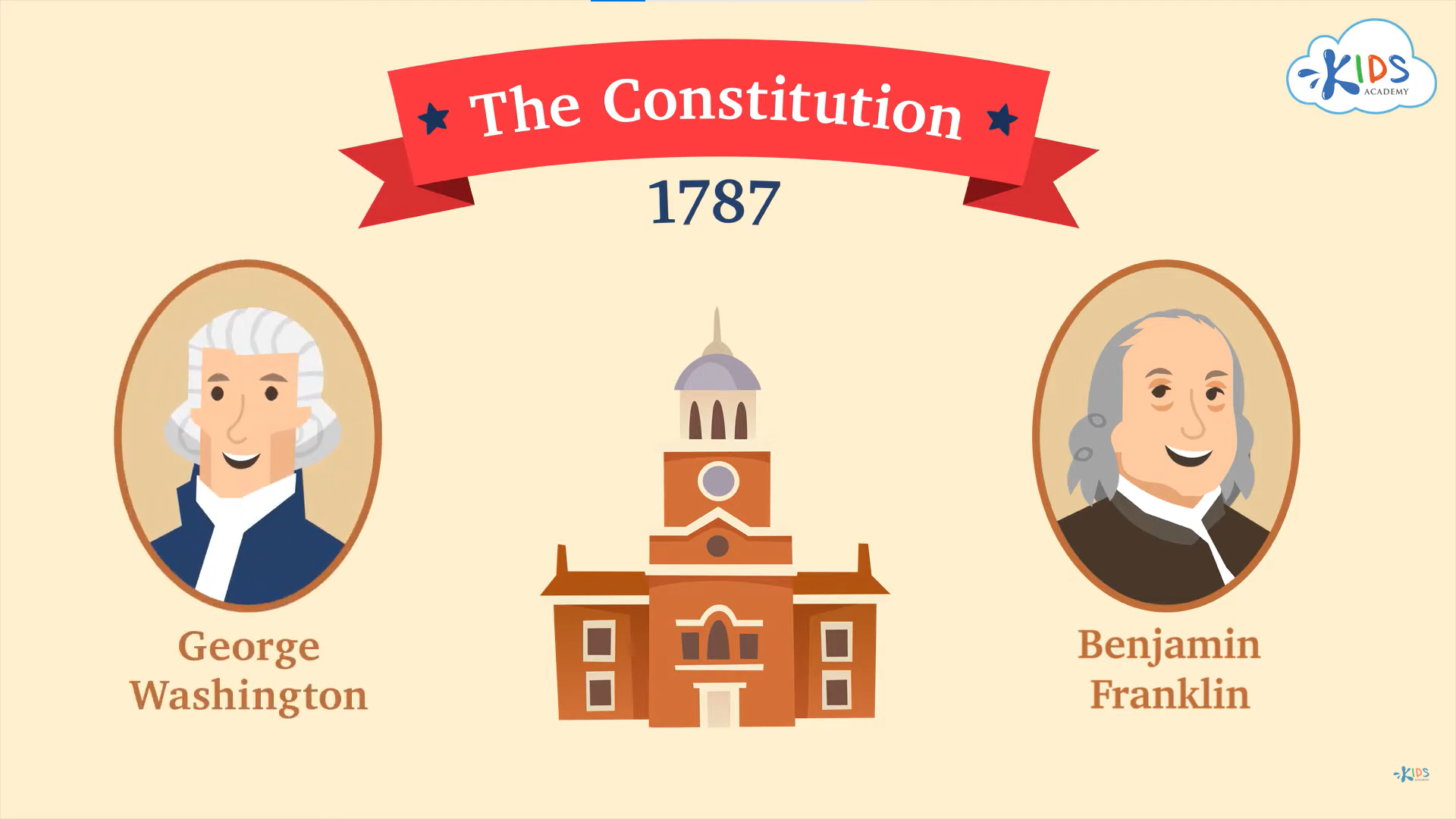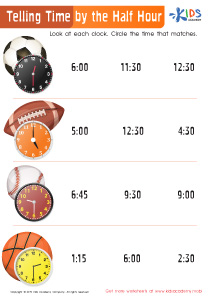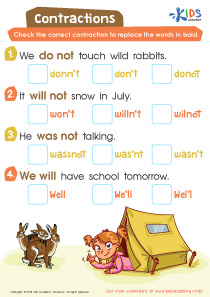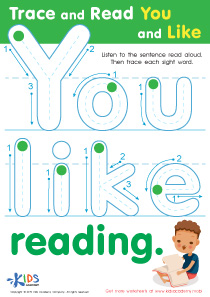Capitalization rules Normal Grade 1 Worksheets
3 filtered results
-
From - To
Explore our "Capitalization Rules Normal Grade 1 Worksheets" designed to help first graders master the basics of capitalization. These engaging worksheets introduce young learners to the essential rules, such as capitalizing the first word in a sentence, proper nouns, and the pronoun 'I'. Developed by educational experts, our printable PDFs offer a variety of fun activities to reinforce these important writing skills. Access these resources on Kids Academy and give your child a strong foundation in grammar that will benefit their literacy journey for years to come. Perfect for parents and teachers alike!
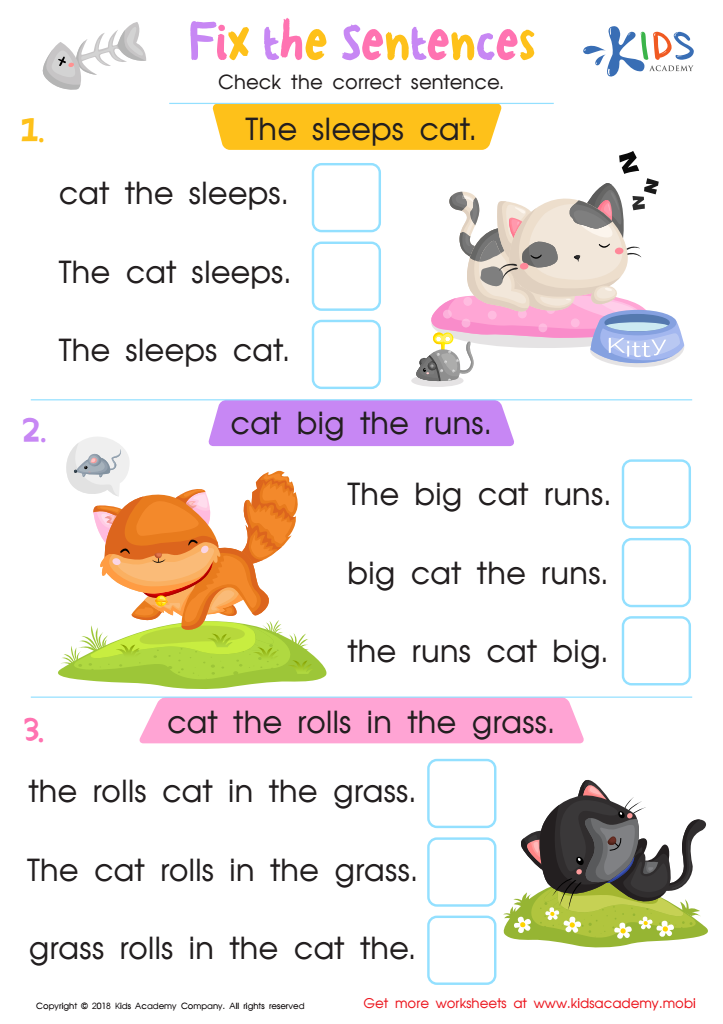

Fix the Sentences Worksheet
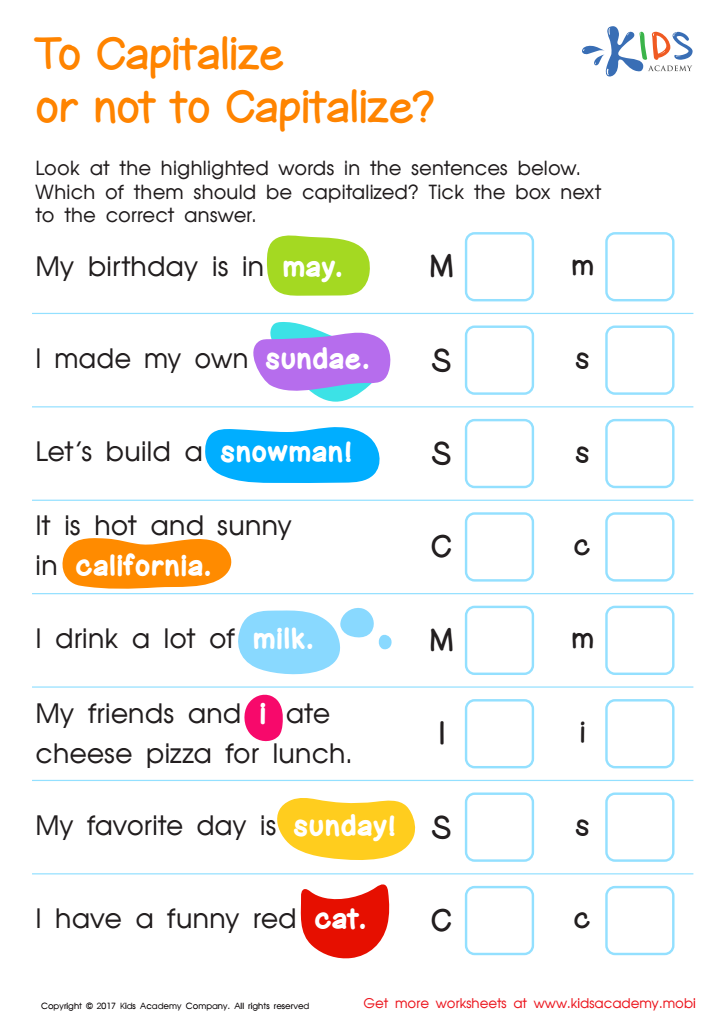

Capitalization: To Capitalize or Not? Printable
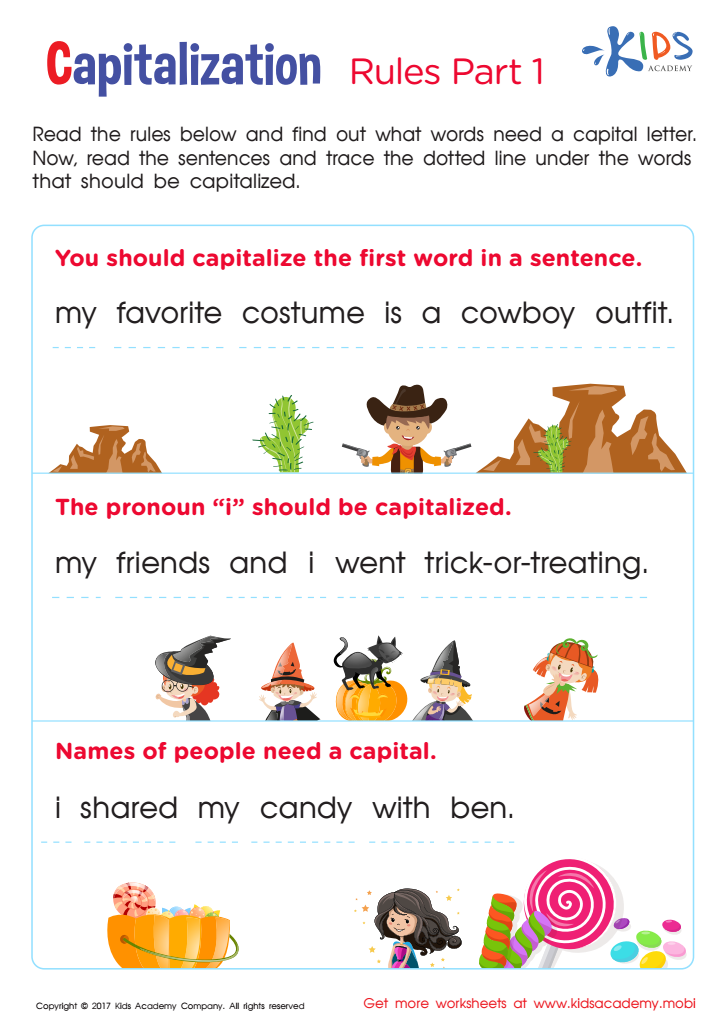

Capitalization Rules: Part 1 Worksheet
Understanding capitalization rules is essential for first graders, both for communication and academic success. For parents and teachers, fostering this knowledge early on provides numerous benefits. First, proper capitalization helps young learners develop writing that is clear and easy to read, allowing them to express their thoughts more effectively. Knowing when to capitalize letters—such as the beginning of a sentence or proper nouns like names, days of the week, and months—lays a foundational skill that will benefit them throughout their education and beyond.
Additionally, these rules support cognitive development. Learning capitalization enhances students' attention to detail and improves their ability to distinguish between different types of words. It also contributes to their understanding of grammar, structure, and language patterns, key components in developing literacy skills.
By instilling these rules in first grade, educators and parents also help children build confidence in their written abilities. This confidence will motivate them to engage more frequently and deeply with writing tasks.
Lastly, mastering capitalization is part of broader social norms and expectations. By teaching these rules, we help children learn the conventions that are essential for professional communication in adulthood. Therefore, focusing on capitalization rules in first grade is not just about correct writing—it’s about equipping children with the tools they need for fluent and competent communication in life.
 Assign to My Students
Assign to My Students




